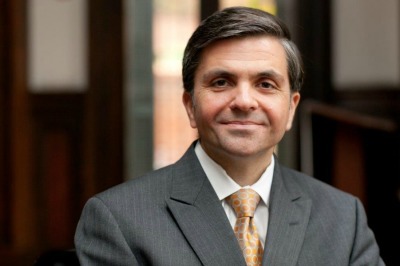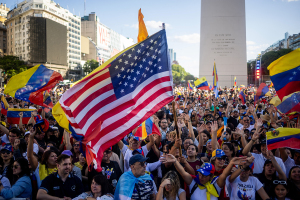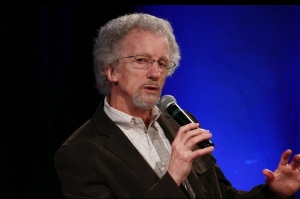Seven Steps for United Methodism's Future

The United Methodist Church's Council of Bishops is meeting this week and again in April to consider proposals from the special commission on denominational controversies about homosexuality. That commission meets one more time in March to finalize its ideas for consideration by a specially scheduled General Conference in 2019.
Meanwhile, new membership statistics show USA United Methodism slumping below seven million members for the first time in 100 years, while globally the church is at a record 12.5 million members, thanks to church growth in Africa. The emerging new majority in Africa has prevented United Methodism, uniquely among historically liberal Mainline Protestant denominations, from liberalizing its marriage teaching, defined in church law as union of man and woman.
Here are my suggested essential principles for United Methodism's future:
1. Keep and Explain Marriage Teaching
United Methodism must retain its biblical stance on marriage and sexuality, which represents the ecumenical consensus of the faithful dating to the apostles. Any liberalization or localization of this teaching would create schism and accelerated membership implosion, as it has in every other denomination globally that has done so. It should be noted that the areas of greatest dissent from this teaching are the church's fastest declining regions, despite rhetoric about open doors. The historic church's rich understanding of marriage as union of man and woman, in cosmic relation to the eternal wedding feast uniting Christ and His church, must be better explained theologically as should a practical and faithful Wesleyan theology of the human body.
2. Don't Localize the Sexuality Battle
Denominational battles over sexuality, largely confined to the quadrennial General Conference or local annual conferences, should not be injected into the local church. Any plan forcing thousands of congregations to vote and choose sides would be calamitously divisive and destructive. USA United Methodism has over 30,000 local churches, and few of them are entirely conservative or liberal. Very few congregations have had formal conversations about the denominational controversy, and they are unprepared for suddenly confronting it.
3. Let Dissidents Leave
Hundreds of congregations, perhaps representing two percent of total USA churches and less than one percent of members, have openly dissented from the church's marriage teaching. They should be permitted to leave the denomination with their property and assets. So too should other and wider entities, including regions and schools. The church's Western Jurisdiction, which has illegally elected an actively lesbian bishop, and has two percent of total church membership, should be permitted to leave United Methodism, with its more orthodox local churches allowed to remain United Methodist. Its departure likely would include seminaries like Claremont in California and Iliff in Colorado, among others.
4. Fairness for Africa
United Methodism in Africa, with over 5.3 million members and 43 percent of total church membership, needs fairer representation in church governance. Too many church agencies and committees are led and staffed by USA persons, often from the most liberal and fastest declining regions. The General Board of Church and Society, for example, on its over 60 member board of directors, typically has only two or three Africans. Justice and reality require that exclusion of Africans must end. Church governance that looks more like the global church will be fairer and more effective.
5. Reach Beyond Older Whites
Our denomination in America is almost entirely white, older, middle and upper middle class, based in suburbs or small towns. United Methodism's future vitality requires special evangelistic outreach to non-whites, immigrants, millennials and urbanites. Christianity in America among all these groups is thriving but United Methodism largely is not participating. Official church structures for the foreseeable future are likely incapable of such outreach, which means local churches and other entrepreneurial initiatives must fill the void.
6. Rediscover Wesleyan Riches
There must be enhanced catechesis and discipleship for church membership based on Wesleyan distinctives. Denominational traditions are dying in America in favor of nondenominational Christianity. Methodism's future requires renewed appreciation for the theological richness of our own tradition rooted in the universal church, including liturgy, sacraments, and ecclesial connectionalism, sustained by the insights of John Wesley, the Reformers and Church Fathers. This renewal of Methodist doctrine and practice requires enhanced doctrinal education for and accountability by clergy, including bishops especially. And the church's seminaries must enter into a new relation of mutual accountability with the whole church.
7. Globalize Further
Soon a majority of United Methodists will be in Africa, for which we thank God. But our church should be more comprehensively global. United Methodism in America has declined for over 50 years and is moribund in Europe and the Philippines. New church plants are thriving in Southeast Asia, particularly Vietnam and Cambodia. There should be enhanced missions support for nascent United Methodism in Asia. Some day we pray its numbers and strength will equal Africa. We also as United Methodists must be in greater solidarity with the persecuted church in Asia, Africa and elsewhere. Their suffering should be ours, just as it is Christ's.
Originally posted at Juicy Ecumenism.



























